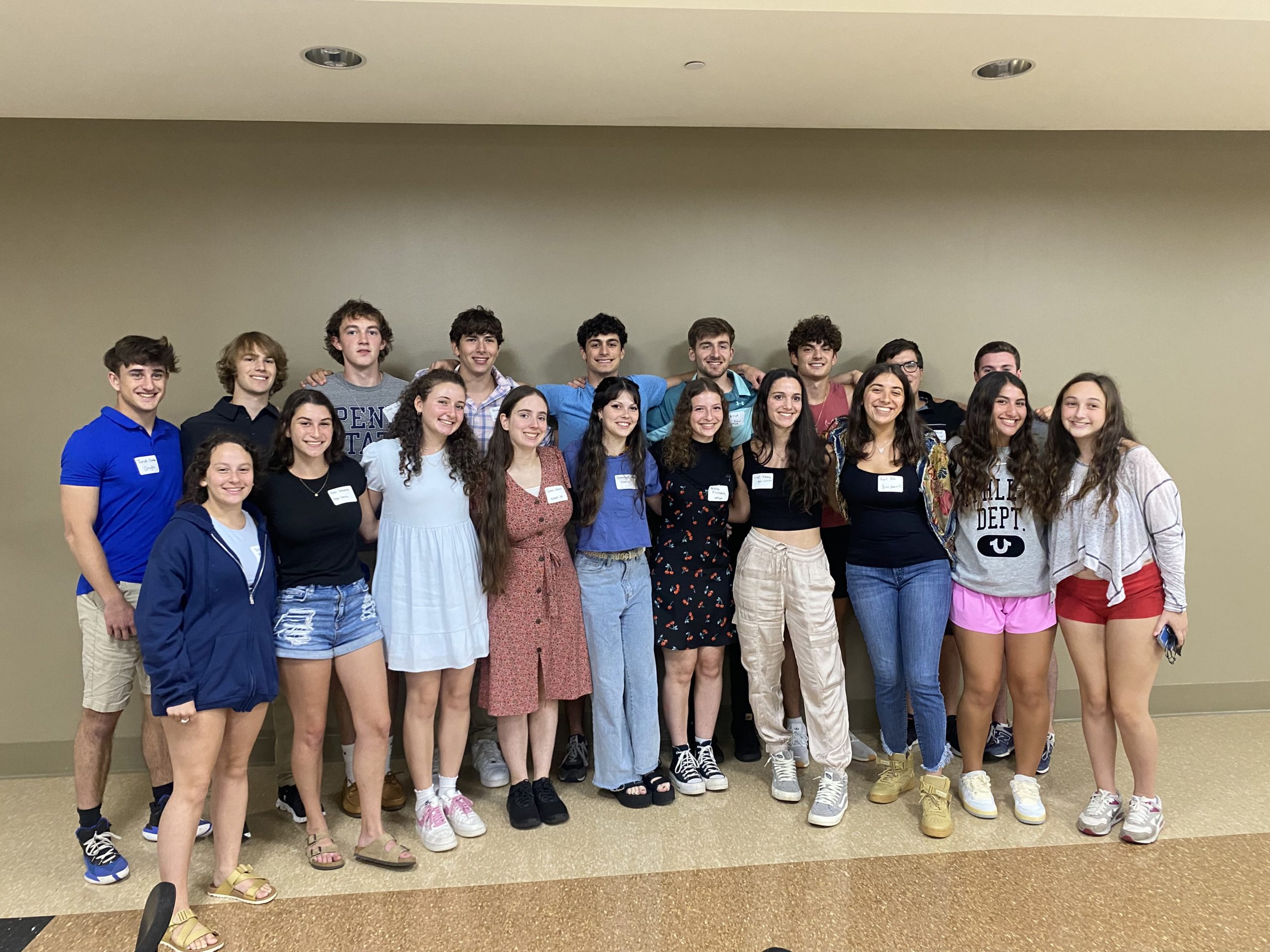
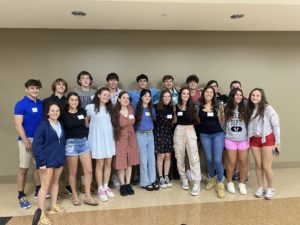 JumpSpark’s Atlanta Israel Gap Year Scholarship is helping to build a bridge between Atlanta and Israel. Last year, thanks to the generosity of Federation’s community, 25 Atlanta teens were able to live abroad in Israel for a year. The second cohort is about to embark on this incredible expedition, and this year, there are 28 of them.
JumpSpark’s Atlanta Israel Gap Year Scholarship is helping to build a bridge between Atlanta and Israel. Last year, thanks to the generosity of Federation’s community, 25 Atlanta teens were able to live abroad in Israel for a year. The second cohort is about to embark on this incredible expedition, and this year, there are 28 of them.
The young adults who embark on this journey are recent high school graduates. They each receive a $10,000 grant provided by JumpSpark and the Zalik Foundation Fund. Students who commit to working for a partner organization in the summer after they complete this program receive an additional $5,000 service subsidy.
Many students in this program will continue their studies in Israel—they may take classes at Hebrew University in Jerusalem or elsewhere. This is an incredible opportunity to learn and explore the world before college. The Atlanta Israel Gap Year Scholarships allow young adults to experience an entirely new way of life and have experiences they would never get at home.
Our year one cohort returned to Atlanta in May. Here’s what two of our participants had to say about their experience:
“I am forever indebted to my gap year experience. I did not realize how much a break before entering my college/adult life would be beneficial. I am so much more confident in what I want to study and in myself. My Jewish identity has never been stronger, and I don’t have a question on whether or not I will keep those practices in my life.”
“As a Jew, my gap year provided me all the resources needed to explore different levels of observance while educating me on Israel’s history. This combination gave me a basis to find how I will choose to live my life as a Jew in America and on a college campus.”
This grant is the first of its kind. We are thrilled that so far, we have been able to support 53 teens in this program, and our number of interested teens continue to grow each year.
If you want to learn more about the Atlanta Israel Gap Year Scholarship, contact Susie Mackler at smackler@jewishatlanta.org.
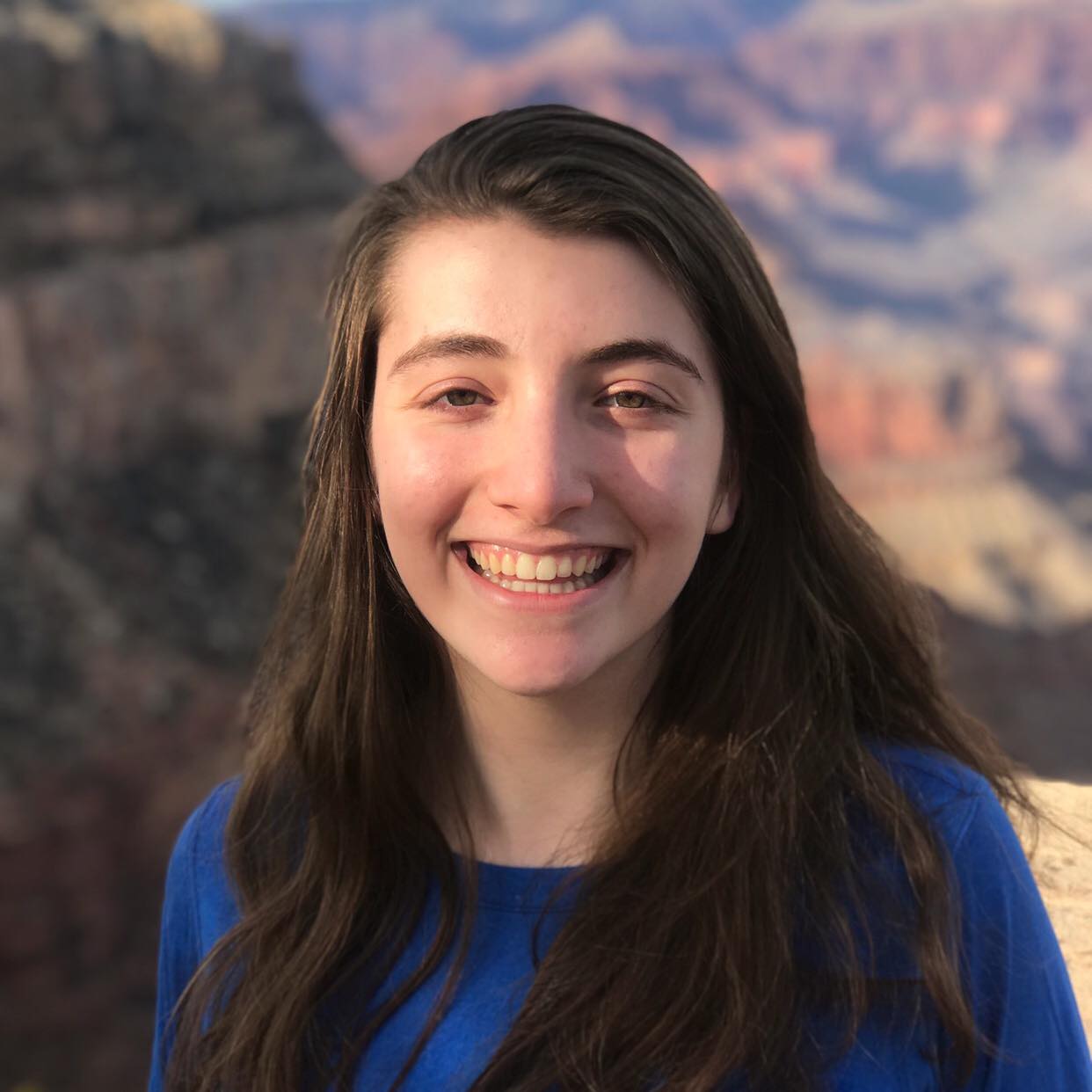
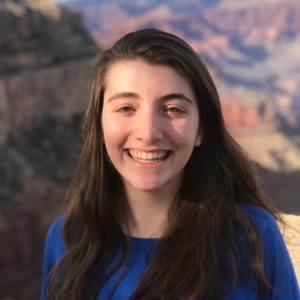 The Hillel International Student Cabinet is a selective leadership opportunity for current undergraduate students. The cabinet serves as a vehicle to connect the global Jewish student community and as an advisory council to Hillel International’s leadership in its efforts to engage Jewish college students worldwide.
The Hillel International Student Cabinet is a selective leadership opportunity for current undergraduate students. The cabinet serves as a vehicle to connect the global Jewish student community and as an advisory council to Hillel International’s leadership in its efforts to engage Jewish college students worldwide.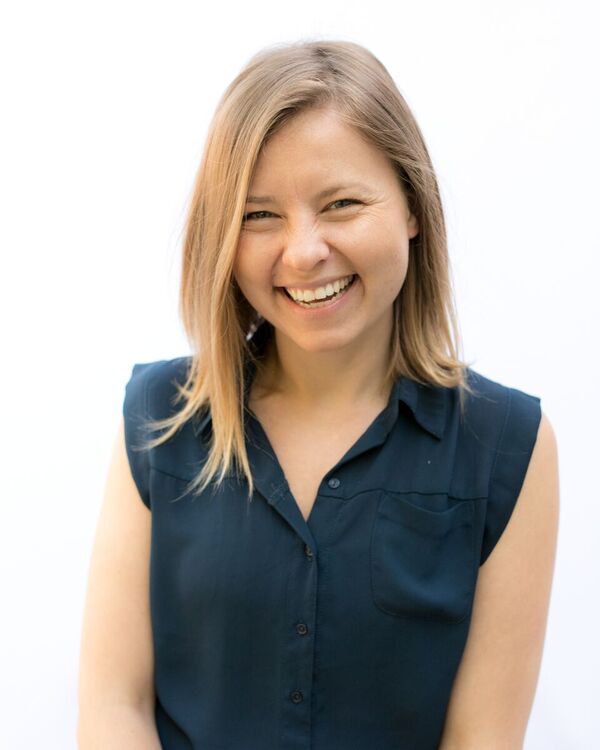
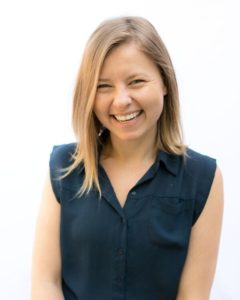 Ana Sazonov is the Executive Director of the Columbia Jewish Federation in South Carolina and one of the Southeast’s most prominent voices on the humanitarian crisis facing Ukrainians. This issue is deeply personal to her: Ana is Ukrainian herself.
Ana Sazonov is the Executive Director of the Columbia Jewish Federation in South Carolina and one of the Southeast’s most prominent voices on the humanitarian crisis facing Ukrainians. This issue is deeply personal to her: Ana is Ukrainian herself.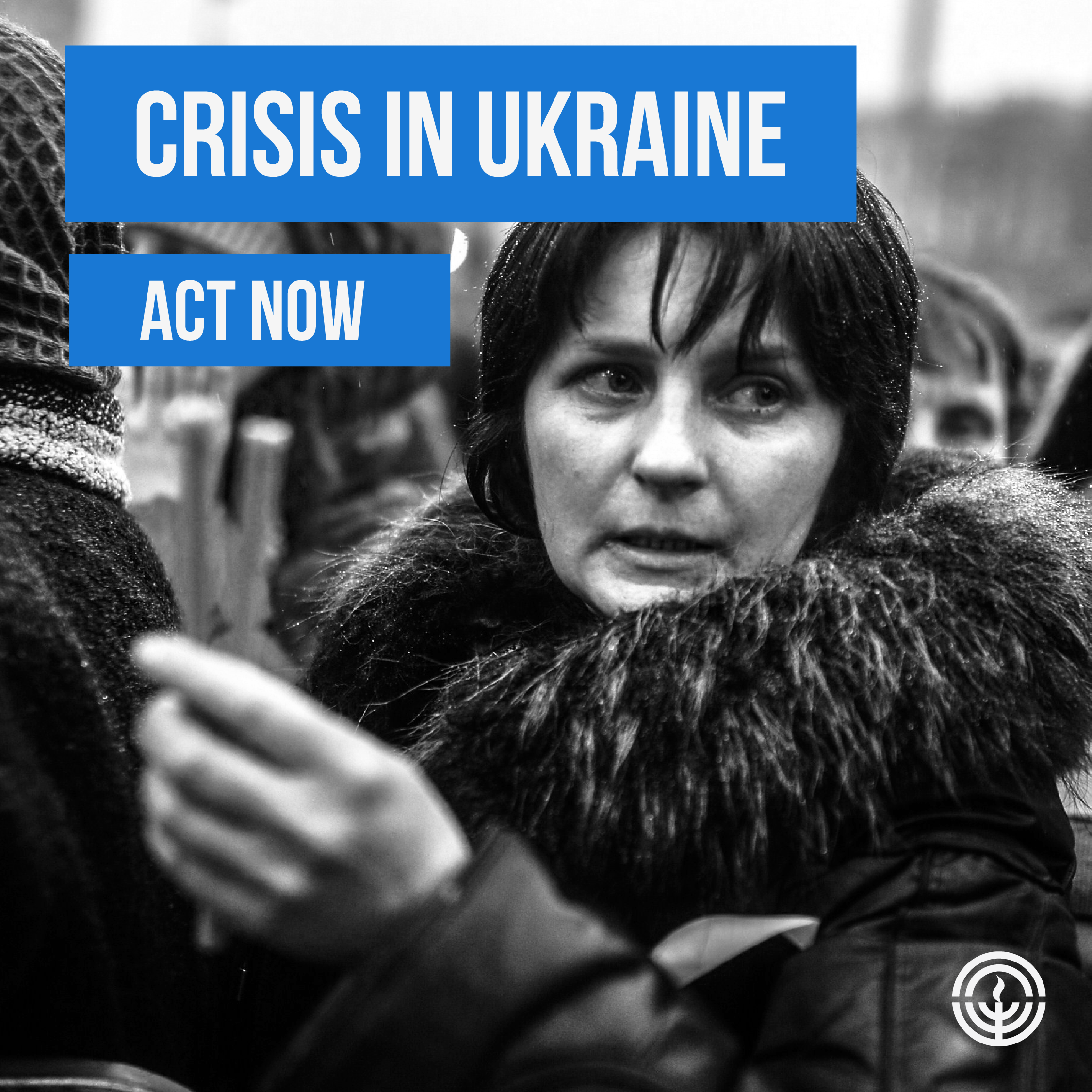
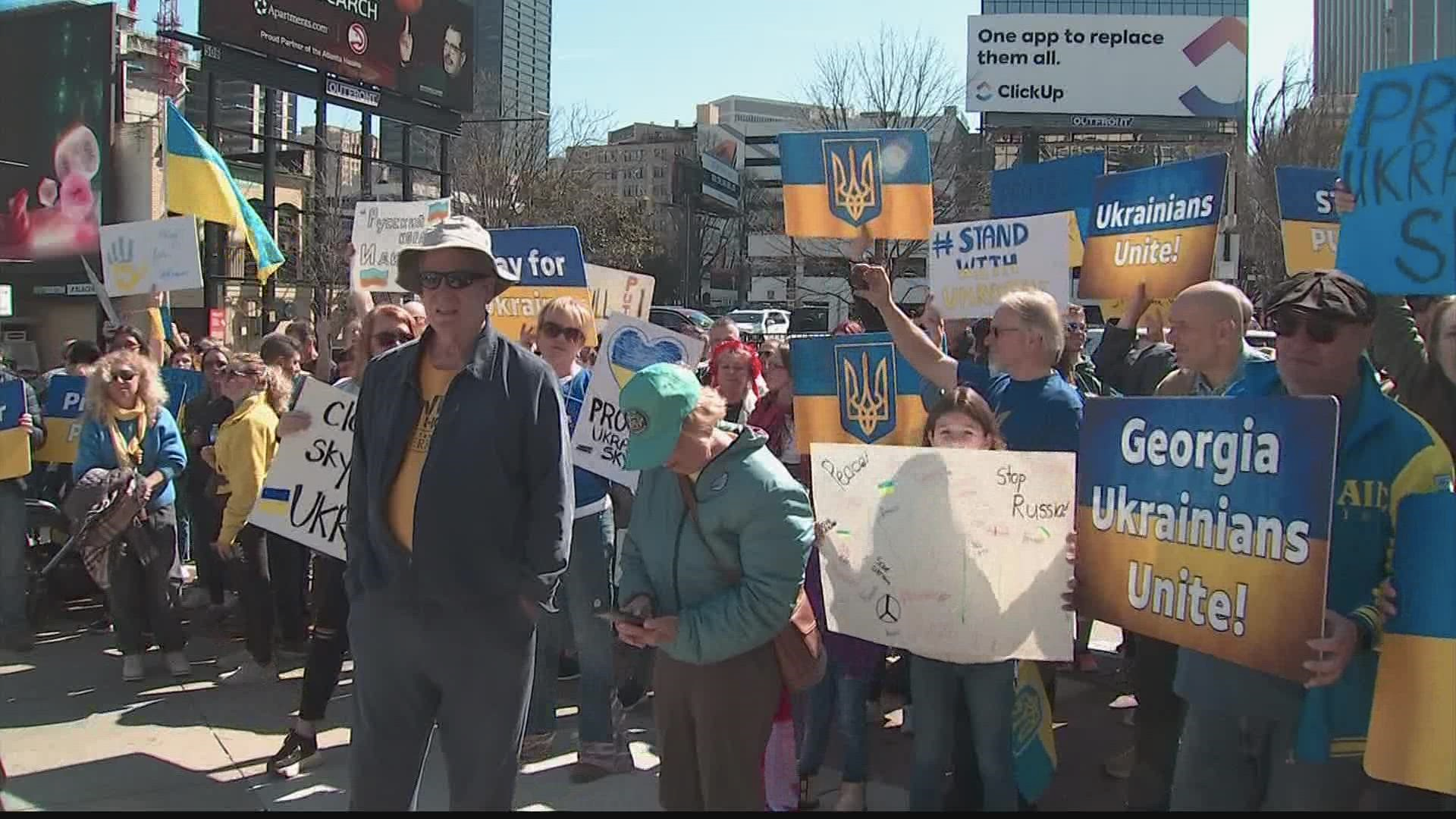
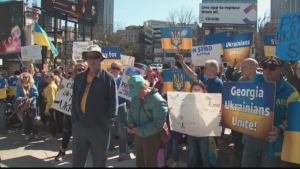 Many Ukrainians are arriving in Atlanta with nothing but the clothes on their backs. They are not eligible for government relief programs and have no access to food stamps, medical intervention, or housing assistance. The need for funds to support them is urgent.
Many Ukrainians are arriving in Atlanta with nothing but the clothes on their backs. They are not eligible for government relief programs and have no access to food stamps, medical intervention, or housing assistance. The need for funds to support them is urgent.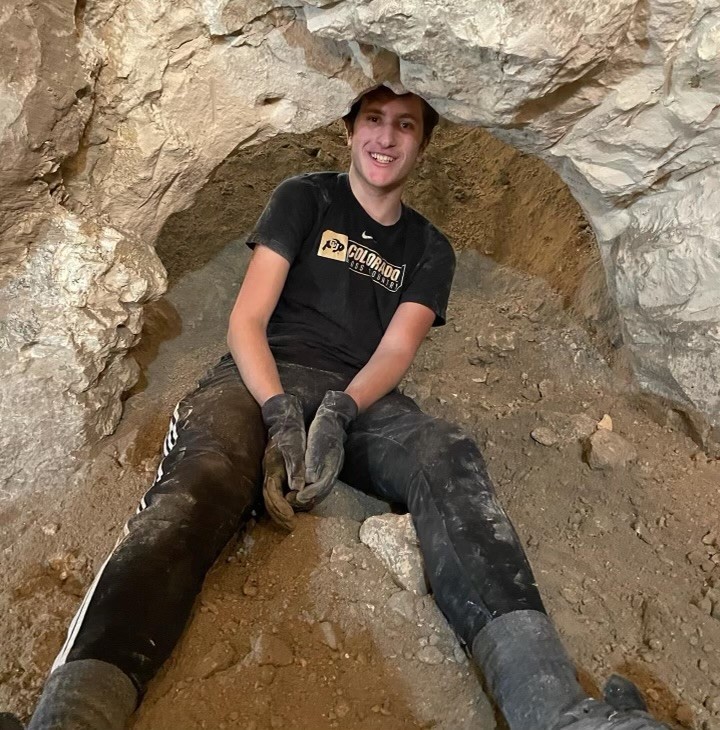
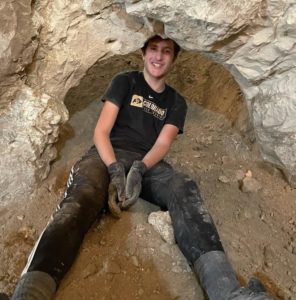 By Robin Rosen
By Robin Rosen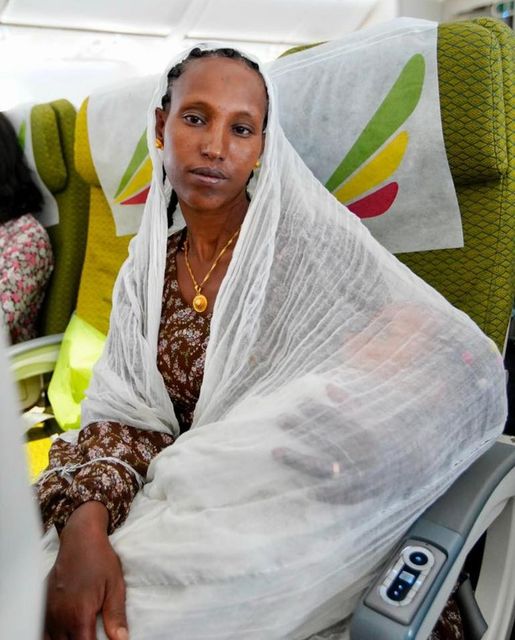
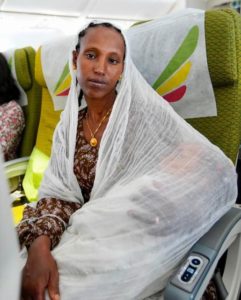 In a trip that inspired a wide range of emotions, Federation board member Michael Kogon visited Ethiopia’s community of devoted Jews in Gondar. He, along with other Jewish leaders from Europe and Canada, were ushered into this remote region nestled beneath the Simeon Mountains, a range Kogon describes as both beautiful and foreboding. Michael Kogon’s account of his journey to Gondor brings you closer than ever to the great need of the Ethiopian Jewish community.
In a trip that inspired a wide range of emotions, Federation board member Michael Kogon visited Ethiopia’s community of devoted Jews in Gondar. He, along with other Jewish leaders from Europe and Canada, were ushered into this remote region nestled beneath the Simeon Mountains, a range Kogon describes as both beautiful and foreboding. Michael Kogon’s account of his journey to Gondor brings you closer than ever to the great need of the Ethiopian Jewish community. 


